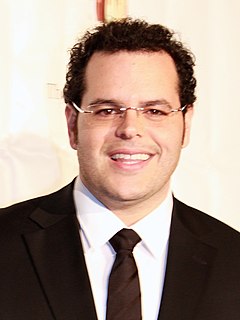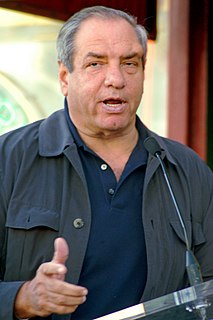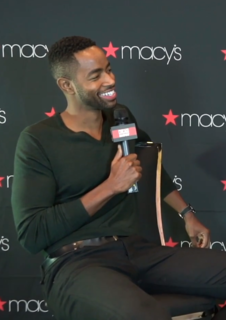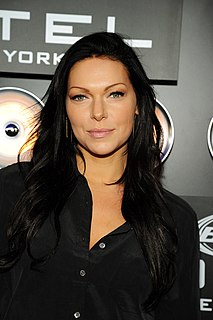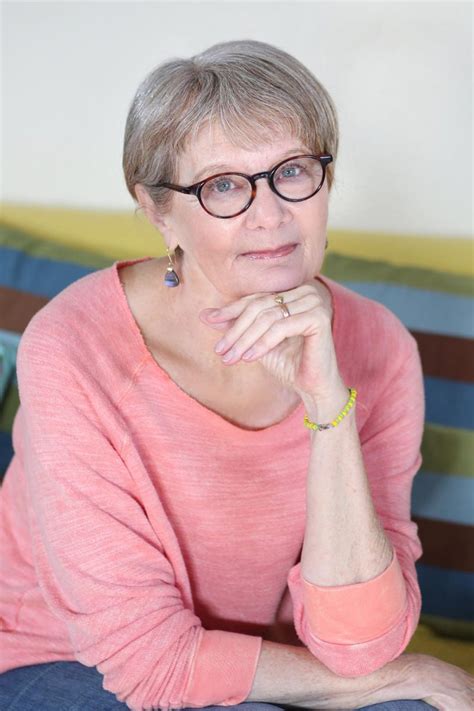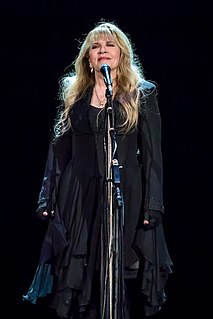A Quote by Josh Gad
When you're doing a pilot, you're doing it in this bubble that almost works against the creative impulse. You don't have time to get to know the actors first, and you have three writers, as opposed to a room full of writers.
Related Quotes
If you are a certain kind of hands-on learner and have been in a writers room and know how scripts get made, and you know what pre-production is, then mostly it's making sure the actors get what they need, and you are providing creative oversight while allowing room for everyone else to own the material, too.
In company with people of your own trade you ordinarily speak of other writers' books. The better the writers the less they will speak about what they have written themselves. Joyce was a very great writer and he would only explain what he was doing to jerks. Other writers that he respected were supposed to be able to know what he was doing by reading it.
We have a full writers' room, and with something like 'MyMusic,' we've scripted it out with professional writers. There is some very basic improv from the actors, but everything is very to the letter, so it's easy to edit down to an episode. There are fun little things an actor might throw in there.
I think that comes with a collaboration with the writers. I think that we get cast in edgier roles because we are a little more offbeat, so people - as we get to know the writers, and as the writers get to know us, they start to write around us more, and that's why I think the pilot is not always the best way to get to experience a new television show, because we're fitting ourselves into these characters. Whereas as the show evolves, they're writing the characters for us and for our strengths and weaknesses.
When I first started out, it was very, very difficult to even get in the room with directors or casting directors because they would see that I hadn't been to drama school and wouldn't want to see me. Now, I feel like it's changing. We have this new generation of a lot of writers, directors and actors who are just breaking through, and they're doing it for the passion.
When you're in a band with three writers, three great writers, you only get one third of the writer thing. So that's the whole reason that I did a solo career. And that's, you know, when I told Fleetwood Mac I was going to do that, they were of course terrified that I would do that record and then that I would quit.
